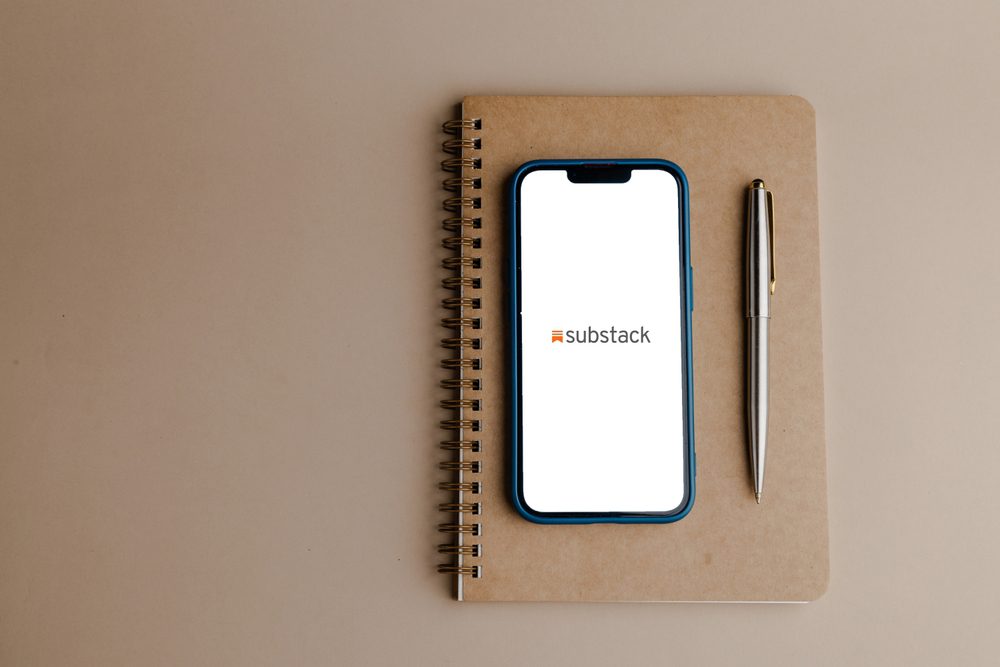When people break off a relationship, they often say "It's not you, it's me." But in email, the opposite is typically true. If a consumer cuts email ties with your company, it's not them—it's you.
Chip House, senior director of relationship marketing, ExactTarget, notes that in recent research his company has done with 1,500 consumers about why they "break up" with a brand's email communications, the reason is usually because of the marketer's behavior. They start sending emails too often, or send content that doesn't mean the consumer's expectations.
"Email is an ongoing exchange, and if you're not living up to [expectations], you're going to have issues," says House. "That's the most basic thing that most marketers do wrong that get them into problems with deliverabilty."
"Marketers need to honor subscribers' wants and needs for channel, content and frequency," he says. "Email is no longer a static thing you just send and hope people open."
The industry trend is obviously towards consumers having more control in what email they see in their inboxes, he notes. With features such as Gmail's priority inbox, consumers can give the senders whose messages they value the most preferential treatment.
ISPs today are considering engagement as a factor when it comes to what messages will get through to users' inboxes. For marketers, this means it is essential to get people to open and clickthrough to your messages. In light of this, if an unengaged consumer unsubscribes, that can be a good thing, because unsubscribing is a form of engagement. "This helps you remove the bad portions of your list that could be dragging you down," notes House.
Another element out there that is attracting some email users' wandering eyes is Facebook Messages. While most users haven't completely spurned email for it, some are definitely flirting with it.
"If someone is a heavy Facebook user, marketers need to communicate with them on that level," says House. "It is something you need to consider."
House admits the industry isn't sure what Facebook Messages means yet for marketers "It was developed for a generation that is more used to a SMS framework, but it is substandard for what marketers want out of email."
 Network
Network

